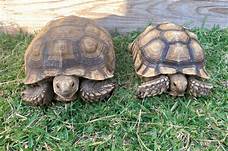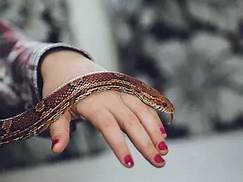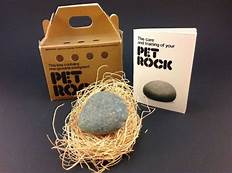How to Care for a Pet Tortoise
Tortoises are popular pets because they are relatively easy to care for and can live for a long time. However, there are some specific things you need to know in order to keep your tortoise healthy and happy.

Enclosure
Tortoises need a large enclosure that is at least twice as long and wide as the tortoise's shell. The enclosure should also be tall enough so that the tortoise can stand up on its hind legs without hitting its head. The enclosure should be made of a material that is strong enough to keep the tortoise from escaping, such as wood or plastic.
Substrate
The substrate, or bedding, in the tortoise's enclosure should be absorbent and easy to clean. Some good options include straw, hay, or shredded newspaper. The substrate should be kept dry and changed regularly to prevent the growth of bacteria.
Heating and Lighting
Tortoises need a warm environment to thrive. The daytime temperature in the enclosure should be between 75 and 85 degrees Fahrenheit. The nighttime temperature should be between 65 and 75 degrees Fahrenheit. Tortoises also need access to UVB light, which is essential for vitamin D synthesis. A UVB light bulb can be purchased at a pet store.
Diet
Tortoises are herbivores and their diet should consist mainly of vegetables. Some good options include leafy greens, such as lettuce, kale, and spinach; fruits, such as apples, bananas, and berries; and vegetables, such as carrots, celery, and squash. Tortoises also need a source of calcium, such as cuttlebone or a calcium supplement.
Water
Tortoises need access to fresh water at all times. The water should be changed daily to prevent the growth of bacteria. Tortoises also enjoy taking baths, so it is a good idea to provide a shallow dish of water in the enclosure.
Exercise
Tortoises need regular exercise to stay healthy. They should be allowed to roam around outside of their enclosure for at least 30 minutes each day. If you live in a cold climate, you can provide your tortoise with a treadmill or other indoor exercise equipment.
Health Care
Tortoises should be taken to the veterinarian for regular checkups. The veterinarian can check for any health problems and make sure that your tortoise is getting the proper nutrition. Tortoises are susceptible to a number of health problems, including respiratory infections, shell rot, and metabolic bone disease. Early detection and treatment is essential for preventing serious health problems.
Declaration: All article resources on this website, unless otherwise specified or labeled, are collected from online resources. If the content on this website infringes on the legitimate rights and interests of the original author, you can contact this website to delete it.





